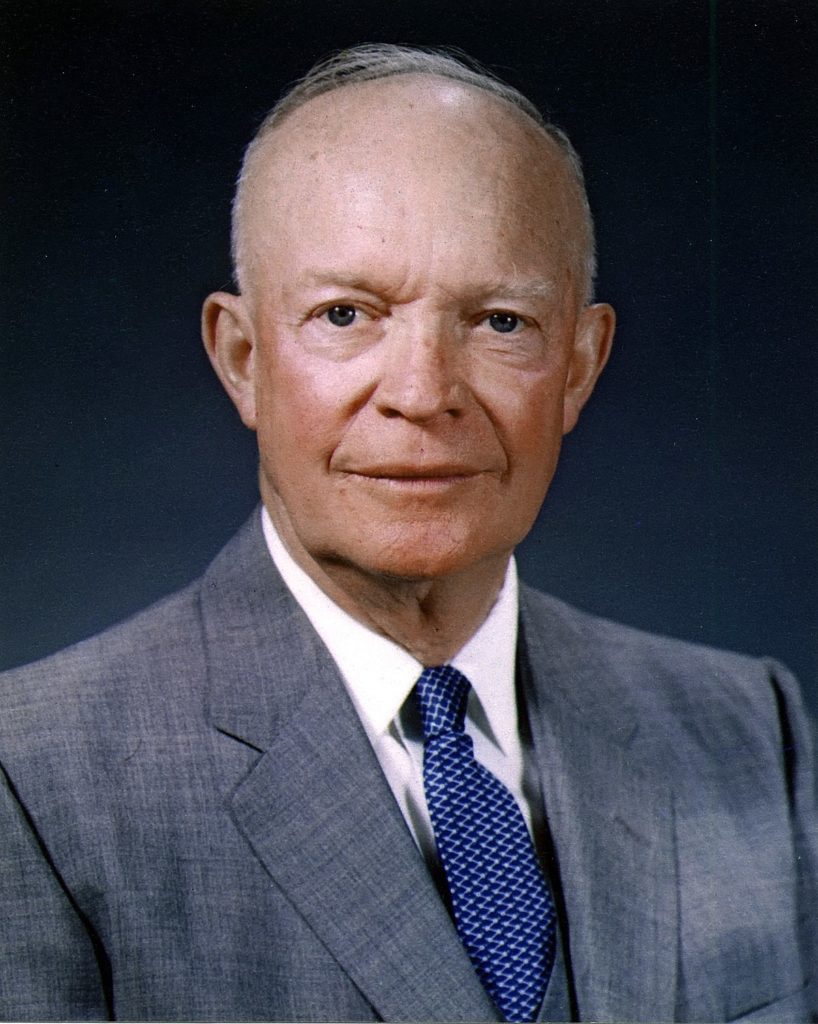
Race and Reputation
During the Cold War arms race, the United States also fought to win the support and friendship of other countries – particularly those in Africa and Asia. Meanwhile, racial prejudice and segregation plagued much of the country.
In 1957, Ghanian Finance Minister, Komla Agbeli Gbedemah experienced the racism in America when he was refused service at a restaurant in Delaware. President Dwight D. Eisenhower apologized, but this was only one of the first of many incidents of racial discrimination against foreign diplomats during the Cold War era.
Several African and Asian diplomats eventually faced discrimination while visiting the United States. The fight for freedom and equality for people of color in the United States suddenly became entwined in the government’s fight for a global reputation. One U.S. official called racial discrimination the nation’s “Achilles’ heel” because it was such a blight on America’s reputation among other countries. With the world watching, American civil rights became an international issue, but unfortunately the issue of racial discrimination was far from over.